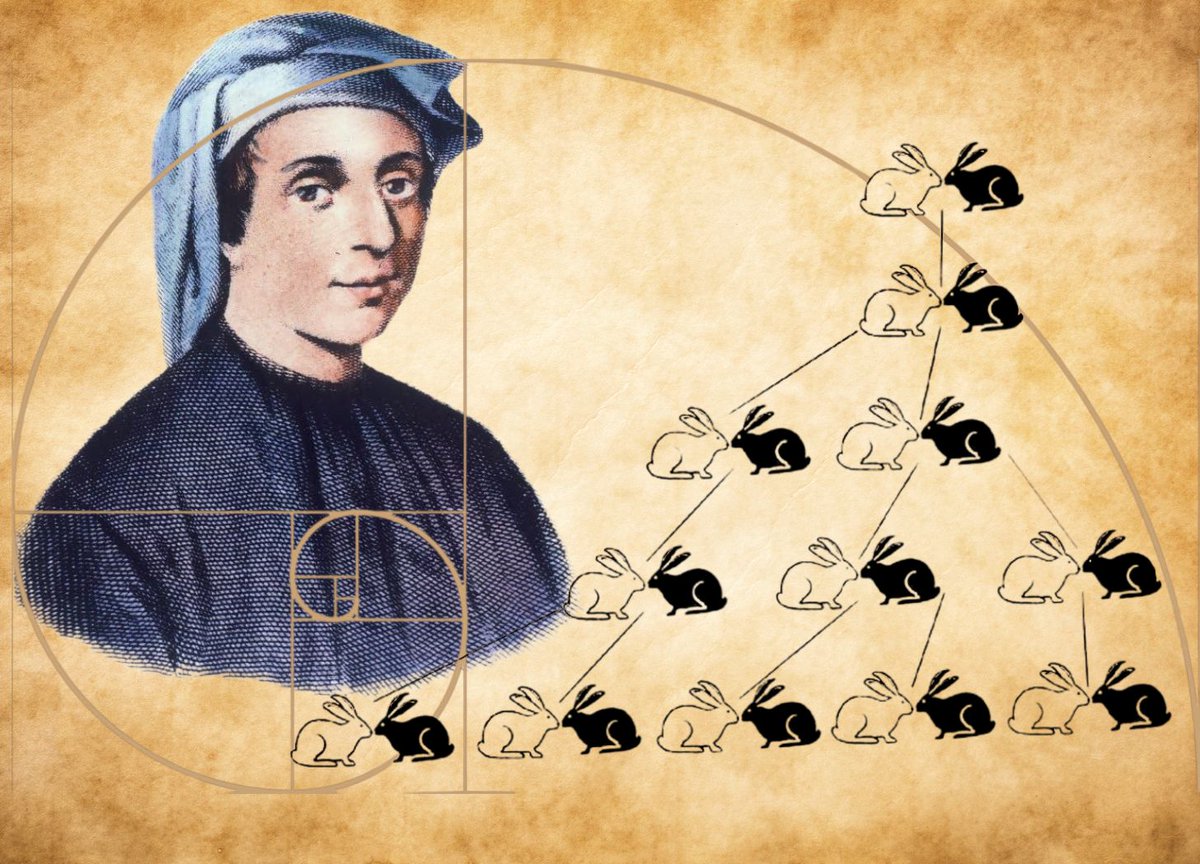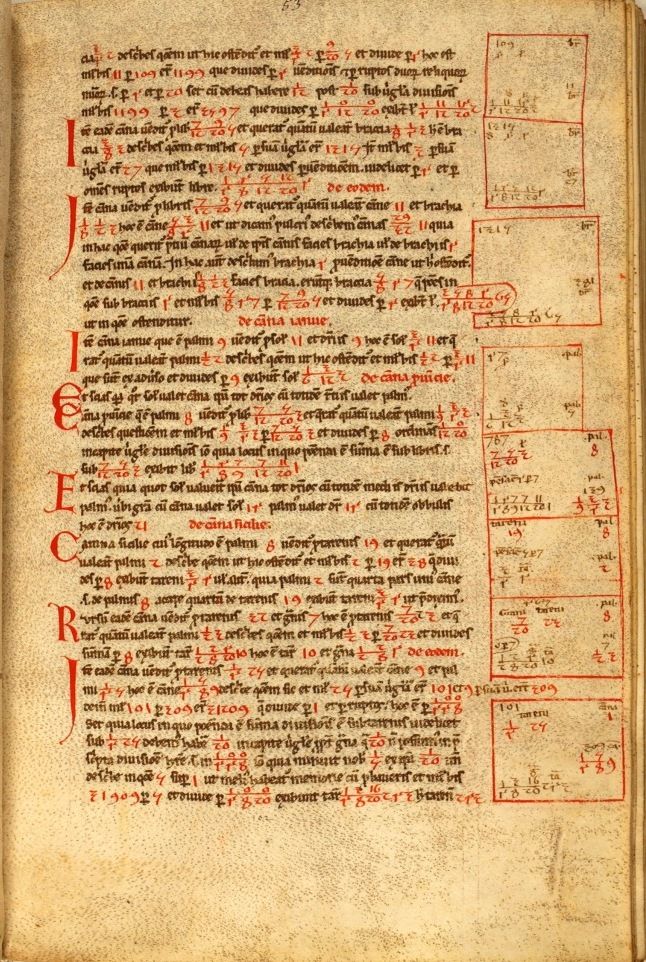
A collection of Useful Knowledge that built Western Civilization. A modern Library of Alexandria. The Atlas Store and article deep dives in "View more" 👇
5 subscribers
How to get URL link on X (Twitter) App


 In 1202, there lived an Italian merchant’s son named Leonardo of Pisa. He was better known as Fibonacci.
In 1202, there lived an Italian merchant’s son named Leonardo of Pisa. He was better known as Fibonacci.

 Alexander
Alexander

 1. The Consolation of Philosophy, Boethius
1. The Consolation of Philosophy, Boethius 

 Born around 287 BC, Archimedes was an inventor, mathematician, astronomer, and engineer from the city of Syracuse in Sicily.
Born around 287 BC, Archimedes was an inventor, mathematician, astronomer, and engineer from the city of Syracuse in Sicily. 


 1. Competition
1. Competition

 King Haakon VII of Norway (top row, far left)
King Haakon VII of Norway (top row, far left)

 First, Dante makes an amazing claim.
First, Dante makes an amazing claim.

 Thomas Carlyle was a 19th-century Scottish essayist, historian, and philosopher who gave a series of lectures on heroism in 1840, which were later published into a book called “Heroes and Hero-Worship.”
Thomas Carlyle was a 19th-century Scottish essayist, historian, and philosopher who gave a series of lectures on heroism in 1840, which were later published into a book called “Heroes and Hero-Worship.”

 The term “manifest destiny” first appeared in an article by newspaper editor John O'Sullivan in 1845.
The term “manifest destiny” first appeared in an article by newspaper editor John O'Sullivan in 1845. 

 1. Overexpansion
1. Overexpansion

 Though Britain had been a global power since the early 17th century, it wasn’t until Napoleon's defeat at Waterloo in 1815 that it emerged as the dominant power.
Though Britain had been a global power since the early 17th century, it wasn’t until Napoleon's defeat at Waterloo in 1815 that it emerged as the dominant power.

 You’ve probably heard about Alexander the Great’s conquest of the ancient world—what’s lesser known is that much of his success was due to his father Philip II.
You’ve probably heard about Alexander the Great’s conquest of the ancient world—what’s lesser known is that much of his success was due to his father Philip II. 


 Tytler was a Scottish judge, writer, and Professor of Universal History as well as Greek and Roman Antiquities at the University of Edinburgh.
Tytler was a Scottish judge, writer, and Professor of Universal History as well as Greek and Roman Antiquities at the University of Edinburgh.

 Tolkien’s life was marked by grief from the beginning: he lost his father at age 3, then his mother at 12.
Tolkien’s life was marked by grief from the beginning: he lost his father at age 3, then his mother at 12.

 In the 6th century, the fate of western Europe was uncertain.
In the 6th century, the fate of western Europe was uncertain. 

 10. Siege of Antioch, 1098
10. Siege of Antioch, 1098

 The 16th-century architect Palladio considered Vitruvius his “master and guide,” but not much is known about the figure.
The 16th-century architect Palladio considered Vitruvius his “master and guide,” but not much is known about the figure.

 Clark says fear is the first enemy:
Clark says fear is the first enemy:

 1. The Odyssey, Homer
1. The Odyssey, Homer

 "Starship is extremely fundamental. So, the holy grail of rocketry or space transport is full and rapid reusability. This has never been achieved...
"Starship is extremely fundamental. So, the holy grail of rocketry or space transport is full and rapid reusability. This has never been achieved...

 @elonmusk "It's very important for there to be an inclusive arena for free speech.
@elonmusk "It's very important for there to be an inclusive arena for free speech. 